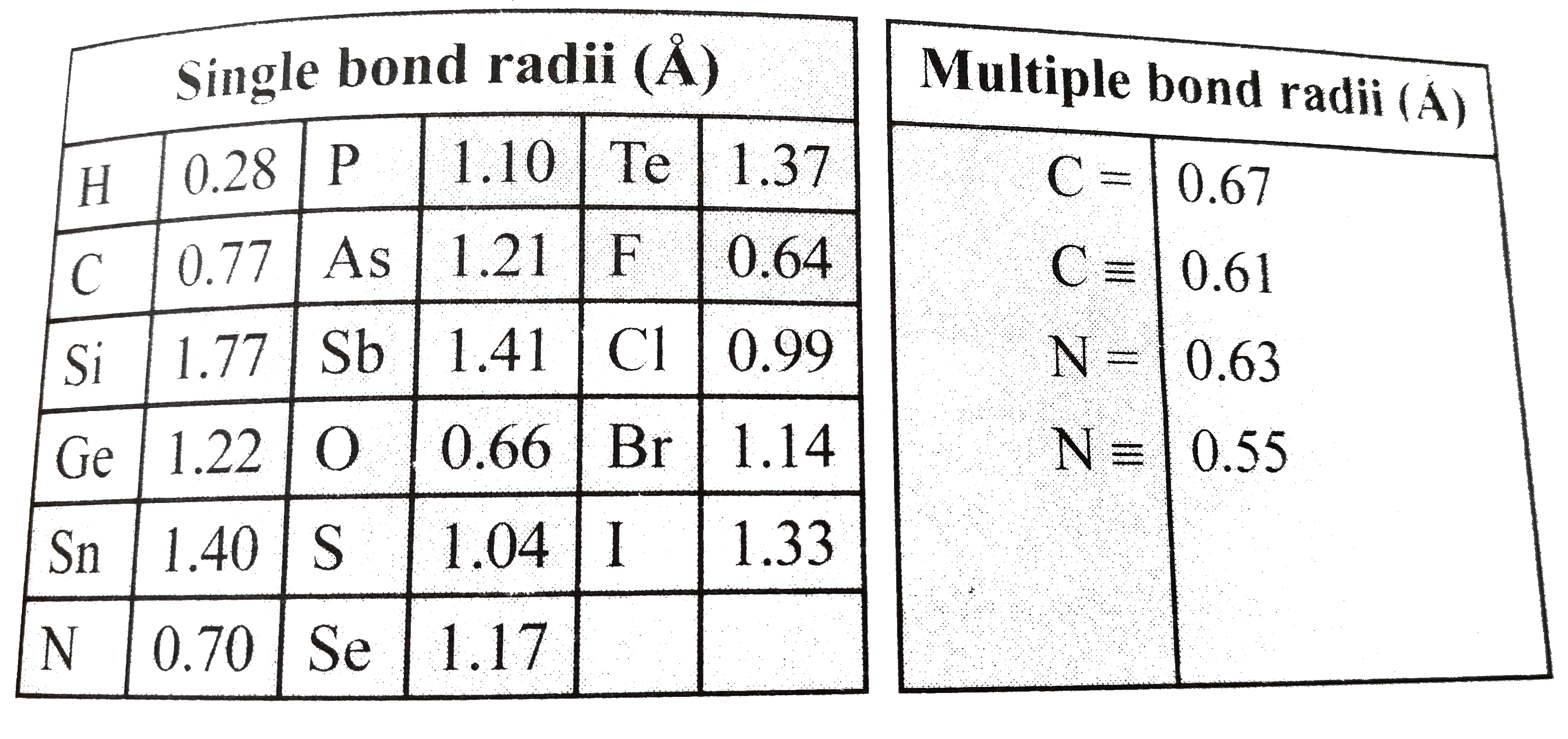How much of the following are strong electrolytes?
a. NH3 b. NH4Cl c. CH3COOH
d. CH3COONa e. HCl f. NaCl
The correct Answer is:D
To determine how many of the given substances are strong electrolytes, we need to analyze each compound based on its dissociation in water.
1. Identify Strong Electrolytes: Strong electrolytes are substances that completely dissociate into ions when dissolved in water. Common examples include strong acids, strong bases, and soluble salts.
2. Evaluate Each Compound:
- a. NH₃ (Ammonia):
- Ammonia is a weak base and does not completely dissociate in water. Therefore, it is not a strong electrolyte.
- b. NH₄Cl (Ammonium Chloride):
- Ammonium chloride is a salt that completely dissociates into NH₄⁺ and Cl⁻ ions in solution. Thus, it is a strong electrolyte.
- c. CH₃COOH (Acetic Acid):
- Acetic acid is a weak acid and only partially dissociates in water. Therefore, it is not a strong electrolyte.
- d. CH₃COONa (Sodium Acetate):
- Sodium acetate is a salt that completely dissociates into CH₃COO⁻ and Na⁺ ions in solution. Thus, it is a strong electrolyte.
- e. HCl (Hydrochloric Acid):
- Hydrochloric acid is a strong acid and completely dissociates in water into H⁺ and Cl⁻ ions. Therefore, it is a strong electrolyte.
- f. NaCl (Sodium Chloride):
- Sodium chloride is a salt that completely dissociates into Na⁺ and Cl⁻ ions in solution. Thus, it is a strong electrolyte.
3. Conclusion:
- The strong electrolytes from the list are:
- NH₄Cl
- CH₃COONa
- HCl
- NaCl
- The weak electrolytes are:
- NH₃
- CH₃COOH
Summary of Strong Electrolytes:
- Strong Electrolytes: NH₄Cl, CH₃COONa, HCl, NaCl
- Weak Electrolytes: NH₃, CH₃COOH
- a. NH₃ (Ammonia):
- Ammonia is a weak base and does not completely dissociate in water. Therefore, it is not a strong electrolyte.
- b. NH₄Cl (Ammonium Chloride):
- Ammonium chloride is a salt that completely dissociates into NH₄⁺ and Cl⁻ ions in solution. Thus, it is a strong electrolyte.
- c. CH₃COOH (Acetic Acid):
- Acetic acid is a weak acid and only partially dissociates in water. Therefore, it is not a strong electrolyte.
- d. CH₃COONa (Sodium Acetate):
- Sodium acetate is a salt that completely dissociates into CH₃COO⁻ and Na⁺ ions in solution. Thus, it is a strong electrolyte.
- e. HCl (Hydrochloric Acid):
- Hydrochloric acid is a strong acid and completely dissociates in water into H⁺ and Cl⁻ ions. Therefore, it is a strong electrolyte.
- f. NaCl (Sodium Chloride):
- Sodium chloride is a salt that completely dissociates into Na⁺ and Cl⁻ ions in solution. Thus, it is a strong electrolyte.
- The strong electrolytes from the list are:
- NH₄Cl
- CH₃COONa
- HCl
- NaCl
- The weak electrolytes are:
- NH₃
- CH₃COOH
- Strong Electrolytes: NH₄Cl, CH₃COONa, HCl, NaCl
- Weak Electrolytes: NH₃, CH₃COOH
Topper's Solved these Questions
- IONIC EQUILIBRIUMBOOK - CENGAGE CHEMISTRY ENGLISHCHAPTER - IONIC EQUILIBRIUMEXERCISE - Exercises True/ False
10 Videos
- IONIC EQUILIBRIUMBOOK - CENGAGE CHEMISTRY ENGLISHCHAPTER - IONIC EQUILIBRIUMEXERCISE - Archives Multiple Correct
3 Videos
- IONIC EQUILIBRIUMBOOK - CENGAGE CHEMISTRY ENGLISHCHAPTER - IONIC EQUILIBRIUMEXERCISE - Exercises Assertion-Reasoning
36 Videos
- HYDROGEN, WATER AND HYDROGEN PEROXIDEBOOK - CENGAGE CHEMISTRY ENGLISHCHAPTER - HYDROGEN, WATER AND HYDROGEN PEROXIDEEXERCISE - Subjective Archive (Subjective)
3 Videos
- ISOMERISMBOOK - CENGAGE CHEMISTRY ENGLISHCHAPTER - ISOMERISMEXERCISE - Assertion-Reasoning Type
1 Videos
Similar Questions
NH4OH,NaOH,CH3COOH,H2S
View SolutionWhich hybrid orbitals are used by carbon atoms in the following molecules?
(a)CH3−CH3,(b)CH3−CH=CH2,(c)CH3−CH2OH,
(d)CH3−CHO,(e)CH3−CHO (f)CH3COOH
View SolutionWhich of the reagents listed below could be added to water to make 0.1M solutions of each of the following ions?
a. ⊕NH4
b. CH3COOΘ
c. C1Θ
i. NH3 ii. NH4C1
iii. CH3COOH
iv. CH3COONa
v. HC1
vi. NaC1.
View SolutionWhich of the following statement is true regarding the stability of NH+4 and CH+3 ?
View SolutionWhich of the following compounds is most basic?
(a)NaCl
(b)Na2CO3
(c)CH3COONa
(d)NH4Cl
View SolutionOut of the following salts:
i. NaH2BO3 ii. NH2CH2COOH
iii. CH3COONH4 iv. NaHS
Salts (i) has concentration-depends pH.
View SolutionHow many of the following compound on hydrolysis form HCl?
(i)NaCl (ii) PCl5 (iii) CH3Cl (iv) NH4Cl (v) BaCl2
View SolutionWhich of the following increasing order of pH of 0.1 M solution of the compound
(A) HCOONH4
(B) CH3COONH4
( C ) CH3COONa
(D) NH4Cl is correct ?
View SolutionWhich of the following pairs is expected to exhibit H-bonding
(a) CH3CH2OH and CH3OCH3
(b) CH3NH2 and CH3SH
(c ) CH3OH and (CH3)3N .
View SolutionThe single and multiple bond radii of some elements given in the following table Calculate the bond lengths in
(a) SCI2
(b) NH3
(c ) CH2CI2
(d) HOCI
(e) HCN
(f )H3PO4
(g) CH3NH2
 .
.
View Solution
